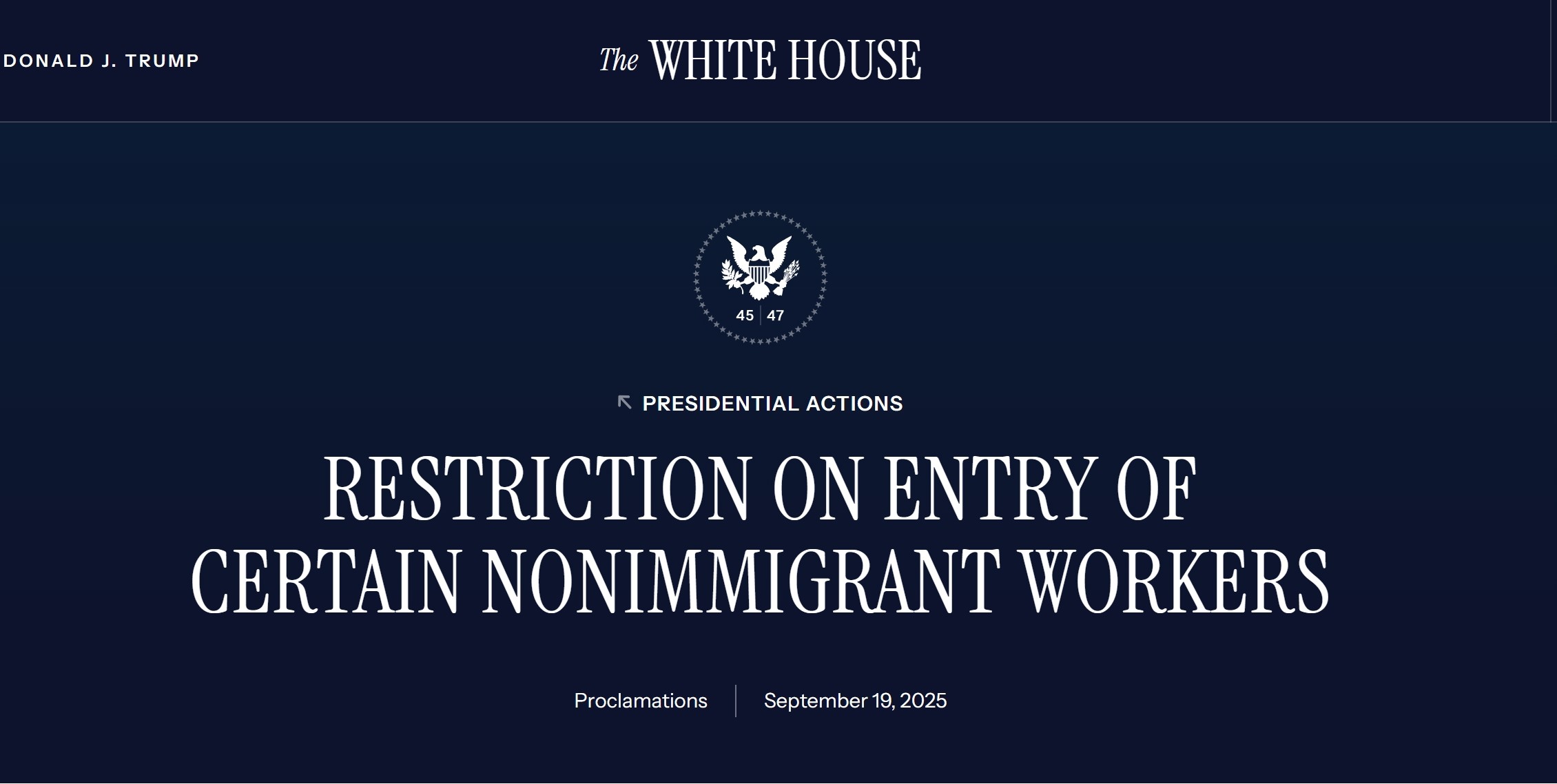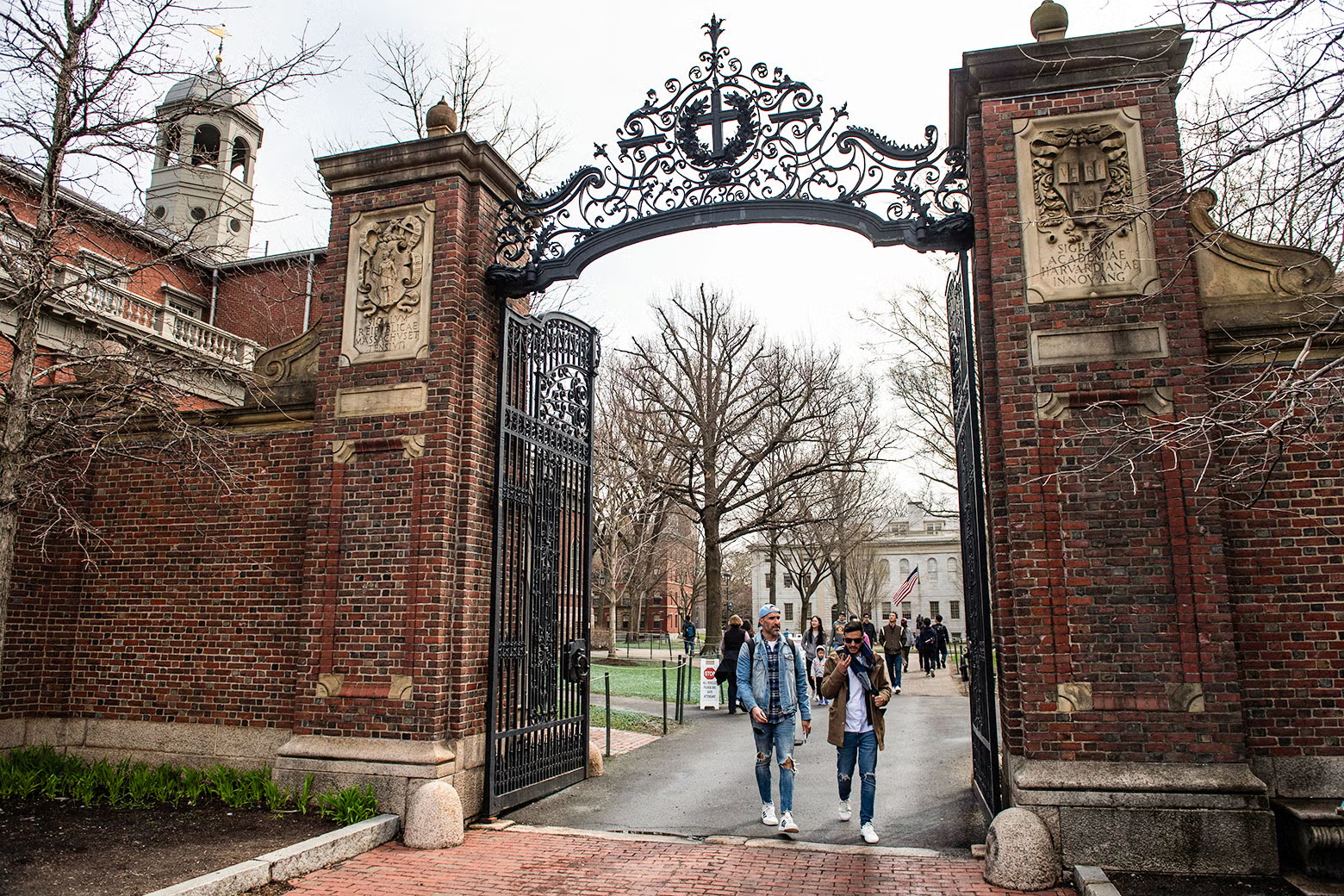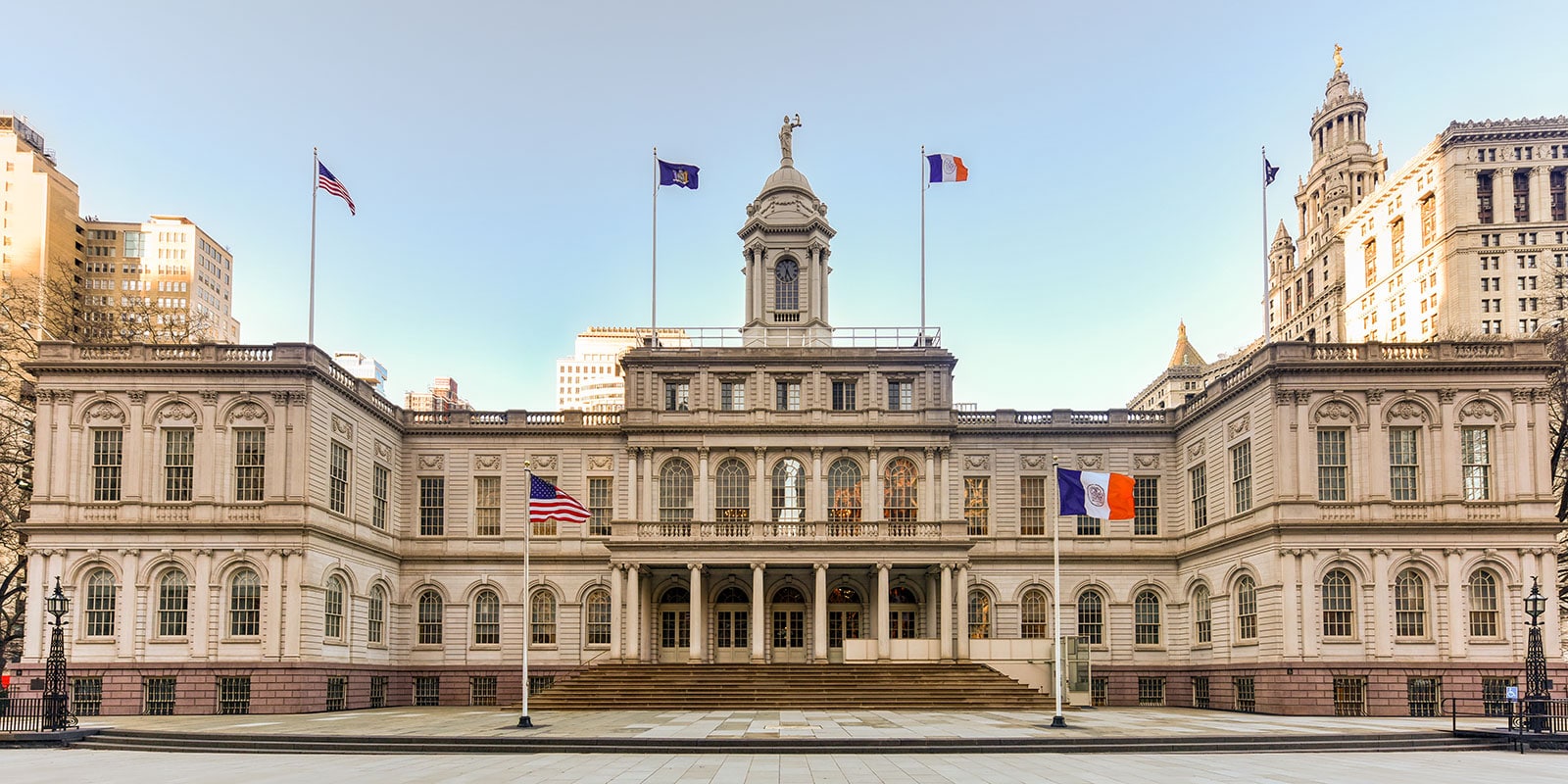President Donald Trump recently signed a proclamation announcing that, starting Sunday, the application fee for H-1B visas would be raised dramatically: new applicants or their employers must pay a one-time fee of $100,000, compared with the previous fee of only $2,000 to $5,000. The White House stated that the measure is intended to “ensure American workers come first” and to require companies to assume greater financial responsibility when hiring foreign professionals.
The H-1B visa is the United States’ primary temporary work visa program for highly skilled professionals. Each year, it provides 65,000 slots for applicants with a bachelor’s degree or equivalent, and an additional 20,000 slots for those who have earned a master’s degree or doctorate from a U.S. university. Visa holders are concentrated in critical industries such as technology, healthcare, and engineering, and the majority come from Asian countries.
For years, Silicon Valley and multinational corporations have relied on this program to fill gaps in the domestic labor market. Research has shown that H-1B holders not only fill talent shortages but also drive innovation and job growth. Nonetheless, the program has been controversial, with critics arguing that some outsourcing companies exploit it to bring in large numbers of low-cost workers, depressing wages and displacing U.S. employees.
The Trump administration has long criticized the H-1B system, and this steep fee increase is seen as an extension of its “America First” policy. After the proclamation was issued, many H-1B holders outside the U.S. panicked, fearing they would be unable to reenter the country. Only several days later did the government clarify that the new rules apply only to future applicants and will not affect current visa holders.
On September 23, Asian Americans Advancing Justice released a statement condemning the proclamation as an attack on the H-1B visa system, calling it harmful to the economy and detrimental to both U.S.-born and immigrant workers. The statement criticized the Trump administration for deliberately misleading the public and exaggerating claims that immigrant workers “take jobs from Americans,” noting that many of those wrongly labeled as “foreign workers” are in fact naturalized citizens. The organization stressed that the real issues to address are potential exploitation and labor rights abuses within temporary visa programs, which should be resolved through legislation and policy reforms that protect all workers.
Industry leaders have also expressed concern. The technology sector, which has long depended on H-1B visas to recruit global talent, warns that exorbitant fees could restrict hiring pipelines and undermine U.S. flexibility and competitiveness in the global market. Some healthcare institutions worry that in regions already suffering from shortages of doctors and skilled personnel, the financial barrier could worsen staffing problems.
For immigrant communities, the policy adds to uncertainty about the future. Although existing visa holders are unaffected, the signal being sent is that the U.S. is tightening its stance toward foreign talent. Many professionals and families who rely on the H-1B program to build their lives in America now feel greater insecurity.



jnc3b9